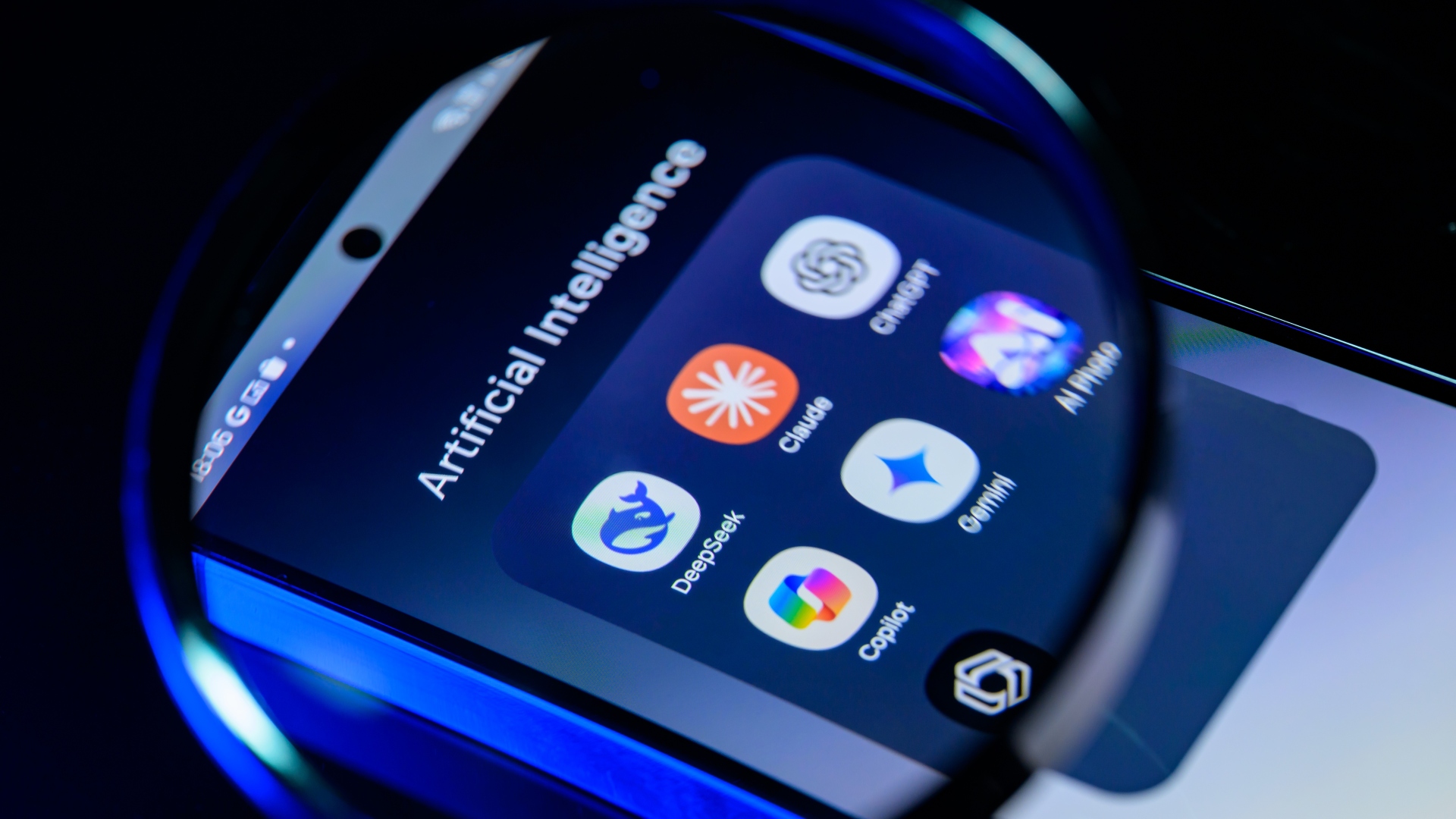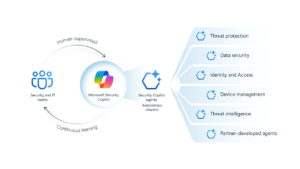Recent Study Suggests AI Chatbots Have Limited Impact on the Market

Understanding the Impact of Generative AI in the Workplace
Generative AI is increasingly becoming a pivotal part of various organizations. With its rapid adoption, it brings an array of benefits along with inquiries about privacy, security, and job stability among professionals.
Concerns About Job Security
Many technology leaders, including Bill Gates, have made predictions about the future of work in relation to AI. Gates envisions a shift where many tasks traditionally performed by humans may be automated by AI. In a humorous take, he mentioned that sentimental activities like watching “computers playing baseball” would likely remain human-centric, hinting at the nature of tasks that we’d still prefer to do ourselves.
Positive Aspects of AI Integration
Despite the dire predictions, a recent report by Microsoft, specifically their Work Trend Index, indicates that organizations are leveraging generative AI to enhance workplace efficiency. By automating repetitive tasks, employees can dedicate more time to crucial responsibilities. This transformative aspect of AI is designed to help rather than hinder, shifting the focus toward creativity and more complex problem-solving.
Economists Weigh In: Minimal Impact on Employment
Adding to the narrative, a study from the University of Chicago’s Becker Friedman Institute has suggested that AI-driven chatbots, like Google’s Gemini AI, ChatGPT, and Microsoft Copilot, have a limited impact on employment and wages. According to their research, which surveyed about 25,000 workers in Denmark across 11 AI-relevant occupations, the introduction of AI has not led to substantial changes in workers’ earnings or hours worked.
The report outlines that while AI chatbots are prevalent and can save users time, their overall effect on the labor market is relatively restrained. Many companies are adopting these tools without any drastic shifts in employment dynamics, suggesting that the concerns may be overstated.
Adoption Rates and Time Management
As AI technology continues to evolve, its adoption rates have notably surged from 47% to 83% among organizations. Nevertheless, the same study revealed that these AI tools only managed to save employees about 2.8% of their work time, typically a little over an hour in a standard 40-hour work week. This minimal time savings prompts questions about the effectiveness of AI in genuinely improving productivity.
New Roles and Workloads Created
Interestingly, AI has generated new jobs for about 8.4% of employees, focusing on tasks such as monitoring AI outputs and creating prompts for AI tools. However, this has often added to existing workloads rather than reducing them. The increase in these roles could lead to overextension for employees, which contributes to a lesser extent to improving work-life balance.
Despite the promise of AI enhancing job efficiency, the report notes that time savings rarely translate directly into higher earnings, with only a 3-7% chance of achieving better monetary rewards through tasks created by AI innovations.
Furthermore, previous studies have shown that AI’s anticipated impact on society may not be as significant as initially believed. Reports from the past year highlight that user engagement with tools like ChatGPT may not reflect widespread public interest, suggesting a need for more critical evaluation of AI’s role in our future workforce.






